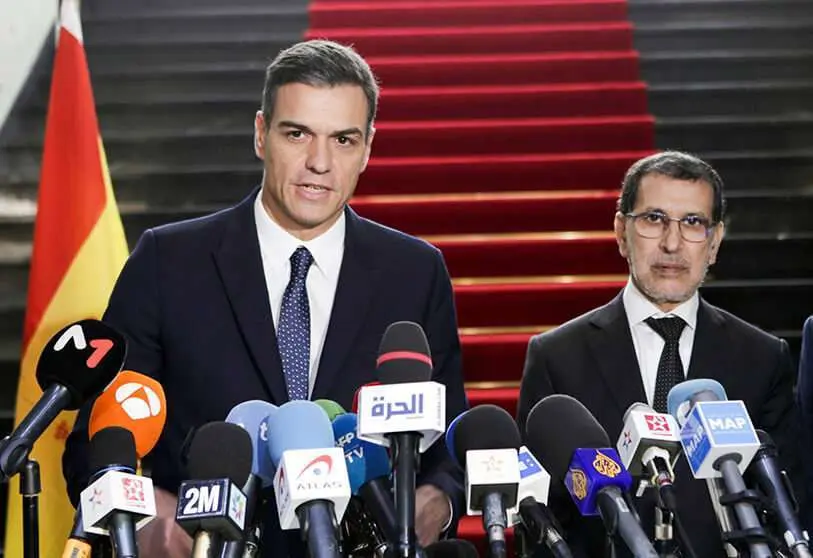Spain/Morocco: new Government, old disputes

Make no mistake. The political-diplomatic crisis between Spain and Morocco is not over. Pedro Sánchez has sacrificed the former foreign minister, Arancha González Laya, on the altar of state interests, in the belief that he has turned the page by offering Rabat an enemy head on a silver platter. A crass mistake.
For the Alaouite King Mohammed VI, the most serious aspect of this bilateral crisis is not the ill-advised political declarations of Madrid government officials; nor the ambiguity of Spain's position on the fate of its former colony of Western Sahara, ceded under administration in 1975 to Morocco and Mauritania in an inter-governmental agreement that was copied to the United Nations; nor the Spanish government's political-energy dealings with its Algerian counterpart that resulted in Brahim Ghali's admission to a Spanish public hospital. No, what is more serious is the loss of trust between two partners that until recently were strategic partners. Let's be clear: Mohamed VI has felt cheated by Spanish Prime Minister Pedro Sánchez. And this is not resolved by the defenestration of González Laya. It is true that the former foreign minister added fuel to the fire of discord, repeating over and over again that she had done what she had done by following the rules and protocols and keeping Morocco informed. Not only did this not exonerate her, but it made the Moroccan interlocutor at the very least exaggerated, if not a liar. Political mistakes can be rectified in a short time; humiliations leave deep traces.
"Morocco expected and still expects an acknowledgement from Spain of the mistakes made," a Moroccan diplomat with expertise in bilateral relations told ATALAYAR. "At the very least, a gesture indicating that they did not act loyally".
But this gesture of outstretched hand, this act of contrition is not the responsibility of the new foreign minister, José Manuel Albares, but of Prime Minister Pedro Sánchez. And as long as he does not do so, the crisis will continue. Certain economic, commercial and cultural relations may be normalised; bilateral dialogue may even be restored to address issues of common interest such as immigration, the fight against mafia networks of terrorism and drug trafficking; but the wound of mistrust will remain open. And Moncloa must be clear about this: the problem is bilateral, and neither Paris nor Washington have the last word. Will the Spanish president understand this?

